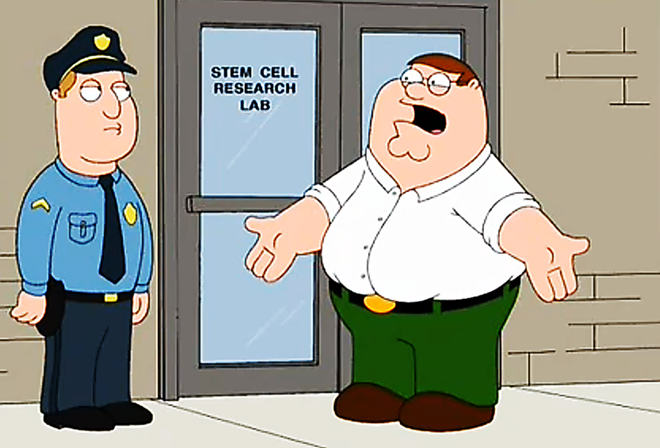So I started to write about the 2012 Copenhagen Consensus findings. About how these brilliant economists — several of them Nobel Laureates — got together to study affordable real-world solutions to the problems of underdeveloped nations that would have rapid and lasting beneficial effects on the global economy. About how, every four years, this project keeps returning to the same straightforward conclusions: spend pennies preventing malaria, dysentery and tuberculosis rather than dollars treating their effects; educate impoverished citizens on the power and potential of education itself; distribute inexpensive nutritional supplements and promote higher-yield farming techniques of healthier crops to more than offset the cost of dealing with health issues that arise from poor diet.
It’s kind of nauseating to learn how cheap and easy it would be not only to improve the health of some Third World populations, but also to ease the world’s financial crisis a bit by freeing up some of the billions wasted on the back end due to inattention, ignorance and the glacial pace of bureaucracy.
An ounce of prevention, and all that.
Looking over this stuff, the image that kept creeping into my imagination (against my will, I swear) was a scene from Family Guy in which patriarch Peter Griffin wonders aloud, after being treated for a stroke with stem cell therapy, “Why are we not funding this?”
Or, to apply the musings of a cartoon idiot to a world that resembles, more and more, the perfect environment in which a cartoon idiot may thrive:
“Why don’t we make this change?”
The answer is not complex. It’s not confounding or enigmatic or up to future generations to decide. It’s not even an answer, really, but rather an excuse:
We don’t make that change because change is a pain in the ass, and we’re lazy as fuck.
Please, take the time to visit the Copenhagen Consensus page (www.copenhagenconsensus.com/Projects/CC12.aspx). Digest the values. Savings on an exponential level. Cheaper to do it than to not do it. The same suggestions they’ve been making for eight years.
The supertanker is humanity’s largest conveyance; some are nearly a quarter of a mile long. It can take a supertanker 15 minutes, and more than a mile, to change course. The bigger something gets, the harder it is to change course. And there are already, what, nearly 7 billion people on the planet? Trying to initiate a sea change in the way those 7 billion people look at the direction in which our culture is evolving is on a par with trying to convince every single person on the planet who plays golf that the game is fair, and not a cruel prank.
All major changes are painful. (“Like birth,” said a character in a book I can’t remember.) The more time we spend insulating ourselves from that pain, the further we remove ourselves from the inevitability that change needs to happen. We like to construct ad campaigns predicated on the idea that we’re ready for the next thing, that we’re just waiting for the technology to catch up. But if you take a look at the Copenhagen Consensus, it’s painfully obvious that the problem lies squarely in our inability to adopt to the unsexy truth — that some of the answers have been around for years.
Keep up with Scott on Twitter at @lifeasweblowit or at scottharrell.com.


